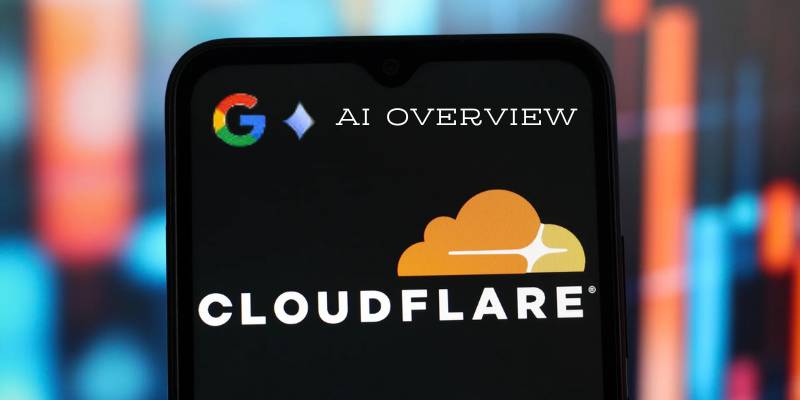Cloudflare just threw down a gauntlet in Silicon Valley’s ongoing tug-of-war over AI and the web. The company unveiled its Content Signals Policy, a framework meant to give site owners more say in whether their work fuels AI systems.
The kicker? It could slap legal weight onto rules that previously felt like suggestions, a move clearly aimed at Google’s AI Overviews.
The policy builds on the old robots.txt standard—the decades-old “gentlemen’s agreement” telling bots what they can and can’t scrape. Trouble is, AI firms often ignore it, guzzling up web content for training or instant summarization.
Cloudflare’s new system promises sharper teeth, distinguishing between search indexing, AI input, and model training. And here’s the dramatic twist: with Cloudflare powering about 20% of the internet, these rules don’t just whisper—they roar.
Google insists its AI search features still send meaningful traffic back to publishers. But critics argue that when users find answers directly on Google’s page, there’s less incentive to click through.
It’s like being invited to dinner only to find the host already ate your plate. One wonders if smaller publishers can keep afloat when algorithms take their cut without paying the bill.
What’s fascinating is how Cloudflare is positioning itself as the referee. CEO Matthew Prince suggested this framework creates a “contract,” implying companies that ignore it could face consequences.
Compare that to OpenAI, which already separates its crawling bots for different functions, something Prince actually praised as more responsible. That distinction speaks volumes about the shifting norms of AI etiquette.
But let’s be real: the internet is in flux. We’re sprinting toward a world where “answer engines” dominate, and every click is a commodity.
A recent push from regulators hints at brewing battles over whether using scraped content for AI without consent should be treated as fair use—or a rights violation. The U.S. Copyright Office’s ongoing study is only adding fuel to that fire.
In my view, Cloudflare’s gambit is both bold and overdue. The company is forcing giants like Google to choose: respect content creators’ preferences or risk alienating a huge slice of the web.
Whether this sparks genuine change or just another round of legal wrangling, it marks a turning point. The question isn’t whether AI should learn from the web—it’s whether the web gets a say in how that story is written.

